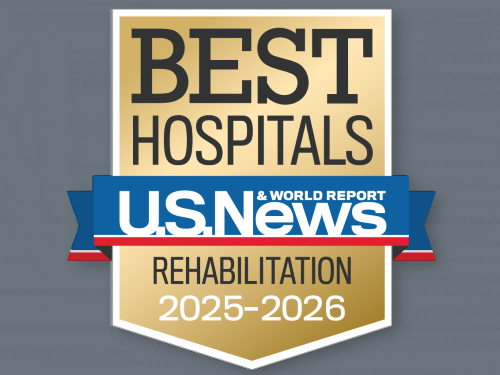What is Dysautonomia?
Dysautonomia is a term describing a number of conditions affecting the autonomic nervous system (ANS) that can cause impairments to multiple body systems, including neurologic, cardiovascular, gastrointestinal and musculoskeletal. The ANS controls the "automatic" functions of the body, such as heart rate, blood pressure, digestion, breathing, pupil dilation, kidney function and temperature control. People living with various forms of dysautonomia have trouble regulating these systems, which can result in lightheadedness, fainting, unstable blood pressure, abnormal heart rates, malnutrition and in severe cases, death.
Dysautonomia is not rare. According to Dysautonomia International, over 70 million people worldwide live with various forms of dysautonomia.
What Are the Types of Dysautonomia?
According to Dysautonomia International, there are many forms of dysautonomia. Two of the more common types are summarized below.
Neurocardiogenic syncope (NCS) is the most common form of dysautonomia, impacting tens of millions of individuals worldwide. The major symptom is fainting, or syncope, ranging from mild (fainting spells once or twice in a lifetime) to severe (fainting several times per day, which can lead to falls, broken bones or even traumatic brain injury). Patients with severe NCS may have difficulty engaging in work, school or social activities.
Postural orthostatic tachycardia syndrome (POTS) is a condition in which a change from the supine (horizontal) position to an upright position causes an abnormally large increase in heart rate, called tachycardia. Additional symptoms can include lightheadedness, fainting, chest pains, shortness of breath, GI upset, shaking, exercise intolerance and temperature sensitivity. POTS is estimated to affect about 1% of all teenagers, or a total of 1 million to 3 million American teens, and is about five times more common in females than males.
What Are the Symptoms of Dysautonomia?
Patients with dysautonomia may experience many different symptoms, often making diagnosis difficult. Symptoms may include:
- Fatigue
- Brain fog
- Memory problems
- Poor concentration
- Tachycardia
- Headaches
- Gastrointestinal problems
- Weakness
- Musculoskeletal pain
- Anxiety/ Depression
- Sleep disturbances
- Dizziness
- Syncope
- Heat intolerance
How Is Dysautonomia Diagnosed?
Given the wide range of symptoms, patients with dysautonomia often see several specialists before receiving a conclusive diagnosis. It is common for dysautonomia patients to be misdiagnosed with psychological disorders. Patients often complain of overwhelming fatigue, nausea, pain in the shoulders, back and legs, and tingling in their hands and feet, as the body tries to compensate for lack of oxygenated blood and shuts down blood flow to muscles and non-vital organs.
A tilt table test is considered the gold standard for diagnosis of the disorder. Patients are strapped to the tilt table lying flat, then tilted upright to about 70 degrees. The 30-minute test is considered positive if the patient experiences symptoms associated with a drop in blood pressure, such as fainting or cardiac arrhythmia.
How Is Dysautonomia Treated?
While there is currently no cure for dysautonomia, symptoms can be managed through rehabilitation.
Get Started
To make a referral or to schedule an appointment, please call 1 (800) 44-REHAB (73422), (713) 797-5942, fax (713) 797-5988 or fill out our online forms by clicking the buttons below.
Contact Us
If you have questions or are looking for more information, please complete the form below and we will contact you.
